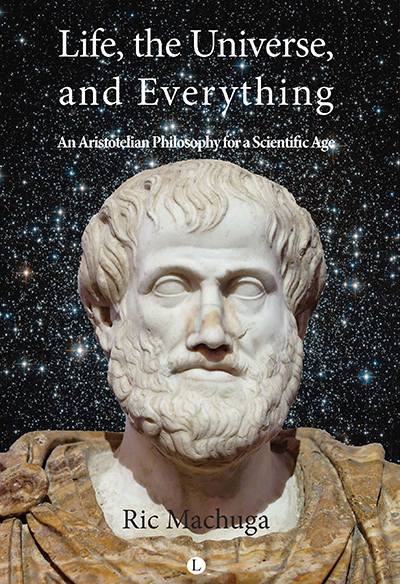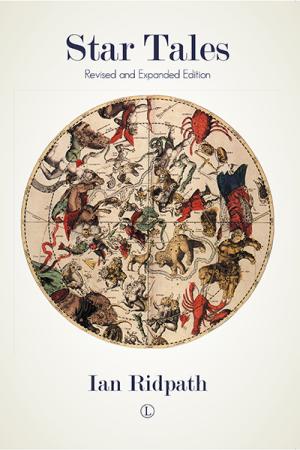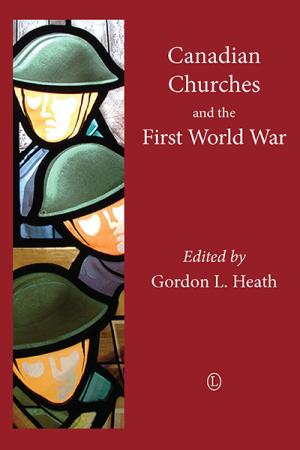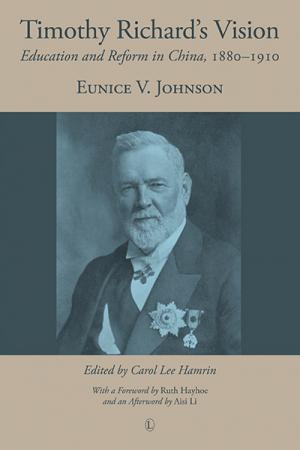Description
Has modern science made philosophy obsolete? Do we have free will? Why should we be moral? What is the relation between faith and reason?
Ric Machuga adopts a holistic approach to these perennial questions – no philosophical idea, no matter how small, can live alone. Ideas always gain their force, power, and life from their surroundings – their ‘ecosystem’. The ecosystem of ideas defended in this book comes from the ancient Greek philosopher Aristotle and his medieval interpreter, Thomas Aquinas. The ongoing relevance of their philosophical thought to twenty-first century issues is opened up in this fascinating study.
Life, the Universe, and Everything is the product of thirty years of teaching introductory courses in philosophy. Assuming no prior background, it only requires of readers an enquiring mind and a willingness to think carefully. It is an ideal guide to the big questions that we all face.
About the Author
Ric Machuga has taught philosophy and in the Honor Program at Butte College for thirty years. He is the author of In Defense of the Soul (2002) and numerous pieces for Books and Culture.
Contents
Preface
1. What Is a Good Argument?
2. Has Science Made Philosophy Obsolete?
3. What Is a “Scientific” Proof?
4. What Is Truth?
5. What Is Real?
6. How Do We Know?
7. What Does It Mean to Be Human?
8. Why Should We Care About Morality?
9. Are Humans Really Free?
10. Does God Exist?
11. How Can a Good God Allow Evil?
12. Why Should We Believe in God?
Bibliography
Index
Endorsements and Reviews
This is a clearly written, wonderfully engaging account of Aristotelianism for our contemporary world. It is, in short, a defense of ‘first philosophy’, the idea that philosophy and philosophical reflection is the starting point of, and that which illuminates and clarifies, all that we believe that we know in the other disciplines in the university, especially the hard sciences. I applaud Professor Machuga for this outstanding book.
Francis J. Beckwith, Professor of Philosophy and Church-State Studies, Baylor University
Has modern science made philosophy obsolete? According to Ric Machuga, a thread of answer exists, coming from Aristotle and reinterpreted by Thomas Aquinas. He converses with modern thinkers such as Newton, Darwin and Galileo to show that faith and reason can coexist. What does it mean to be human? Is language relevant for our sense of reality? Is there a God, and if so, how is that He allows the existence of evil? Machuga undertakes to answer these fundamental questions with a deliberately synthetic approximation. He tackles the problems with the Aristotelian method, treating them with logic and reason, and draws a philosophical line of thought from Plato and Socrates to Descartes and Nietzsche. In a book that is the result of years directing introduction to philosophy classes, he demonstrates that Newton’s and Darwin’s reasoning was not fundamentally different from that of the classical philosophers. To study the universe in a scientific way does not mean that we have to endorse the narrow conception of science as positivism upheld it.
Dialogo Filosofico, May/August 2012
The book’s text is refreshingly nontechnical, and it would make an excellent companion for undergraduate teaching … And those who hold that metaphysics is a bunch of illogical non-sense are unlikely to accept that the ecumenical system-building on display here is a valid form of reasoning. Yet then again, one can hold either of these positions and still value Machuga’s efforts as a heuristic. And on that front the book is given the highest recommendation.
Gary Slater, in The Expository Times, Vol 125, No 11






